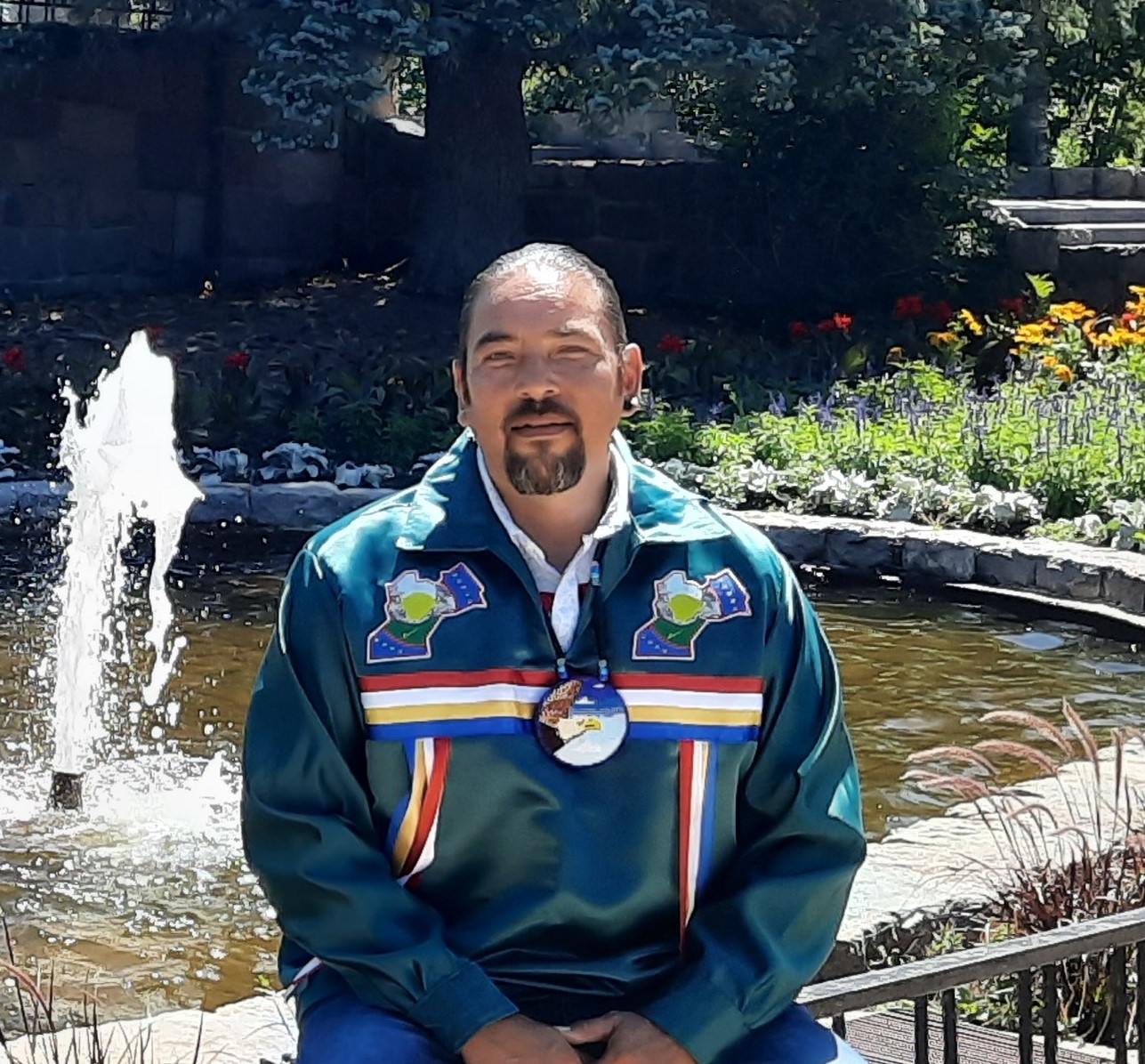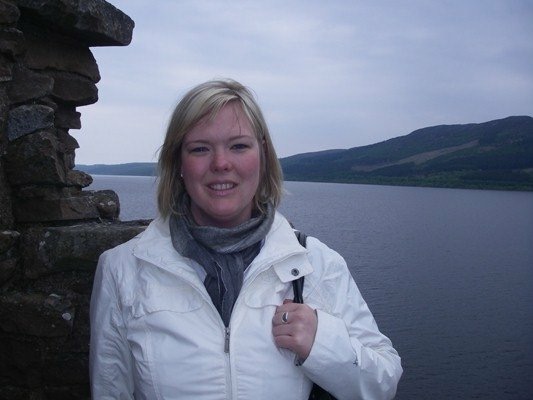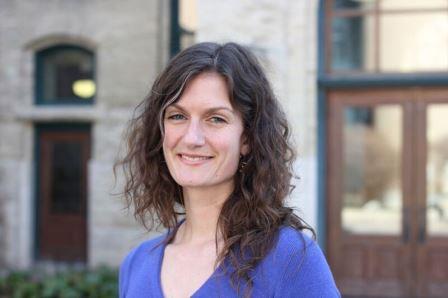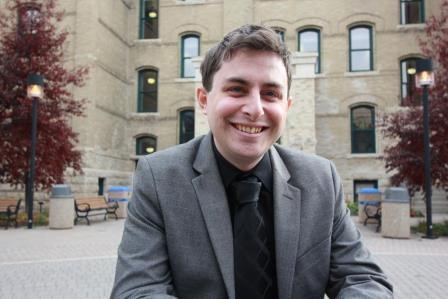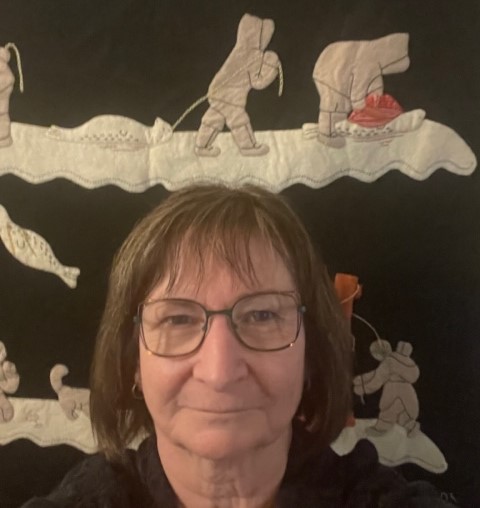
By
Stephanie Spence, Jason Gobeil, Candice Waddell-Henowitch, Rachel Herron, Jonathan Allan, and Marti Ford
March 2023
Print Version
What you need to know
We engage with Indigenous and spiritual leaders through community-based action research to deliver and evaluate land-based cultural practices by hosting a program that helps connect Indigenous men to their inherent rights of traditional hunting, harvesting, and drum making. We hope that this research will assist local Indigenous organizations in securing sustainable funding and resources to continue to support Indigenous men in healing and wellness through land-based learning.
Why this research is important
Indigenous people in Canada and elsewhere bear the brunt of health inequalities, high rates of incarceration (Dennison et al., 2014), lack of programs and services (Ball, 2009), and intergenerational trauma (Prehn & Ezzy, 2020). Health interventions are often framed in a Western medical lens; however, in Indigenous communities, culture has been framed as a solution. There is a growing body of research on the importance of cultural connection, teaching, and ceremony, particularly in relation to Indigenous health and well-being. Sacred teachings, ceremonies, and cultural values have been linked to healing, resilience, and positive mental health outcomes (Tuck & Anderson, 2014).
How the research was conducted
The overarching goal of this research was to follow a group of Indigenous men and boys as they went through the process of creating traditional drums. From 2020–2021, the group engaged in a traditional hunt, dressing the animal, preparing the hide, creating the drum, and awakening the drum. Through sharing circles, individual interviews, observation, and photovoice, we were able to evaluate the positive impact groups such as this have on the health and wellness of Indigenous men. The voices of seven participants, one Indigenous leader, one spiritual leader, and five researchers were included in the results of the study.
What the researchers found
Through the participants, we determined that creating a sustainable and successful land-based program requires two main components: (1) culture, ceremony, skill, and knowledge sharing; and (2) honoring relationships to land and natural resources. Although having access to land is a valuable entity for land-based programming, it is also extremely important for Indigenous men’s organizations to be able to build and use the resources on that land to create and maintain ceremony space and gather resources. Members of the group are knowledgeable about different activities performed within the group. Still, it is also essential to have spiritual advisors to provide teachings on the ceremony and culture involved in the different activities. The participants explained that the program was pivotal in: (1) supporting community, social, and family connections; (2) creating a place to heal through brotherhood, encouragement, and reassurance; (3) strengthening land-based knowledge through teaching, learning, and ceremony; (4) fostering a sense of purpose; and (5) awakening Indigenous pride.
How this research can be used
This research illustrates the holistic impacts of land-based learning for Indigenous men. The information in this report can be used to inform investments and initiatives in Indigenous men’s health. Supporting and funding Indigenous organizations and programs to provide land-based initiatives through financial contributions, as well as ensuring sovereignty over the land in which the programs can occur, promotes the health and well-being of Indigenous men and their families.
About the Researchers
Keywords
- culture
- land-based learning
- well-being
Publications Based on the Research
Waddell-Henowitch, C. M. Gobeil, J., Tacan, F., Ford, M., Herron, R., Allan, J., Kruth, M., & Spence, S. (2022). A collaborative multi-method approach to evaluating Indigenous land-based learning with men. International Journal of Qualitative Methods, 21. 1-8. https://doi.org/10.1177/16094069221082359
Editor: Christiane Ramsey
Read more BU Research
Research at Brandon University follows comprehensive policies designed to safeguard ethics, to ensure academic integrity, to protect human and animal welfare and to prevent conflicts of interest.


